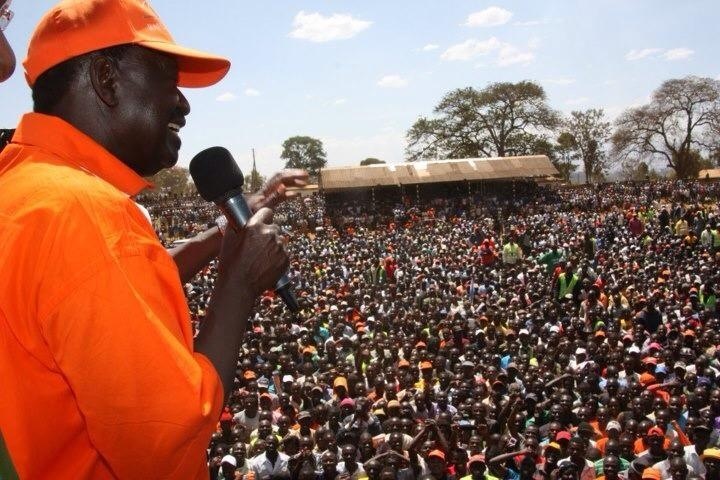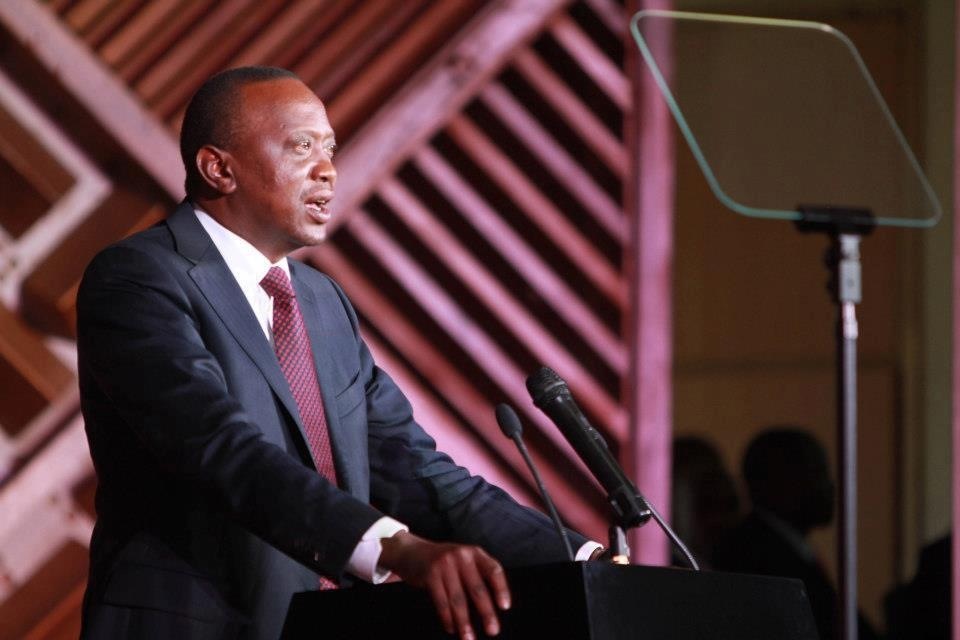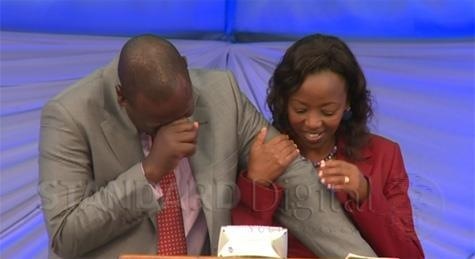Both our Senate and Parliament voted to withdraw Kenya from the Rome Statutes that established the International Criminal Court. Inevitably this has brought the subject of the ICC to the public stage in Kenya. This should be very healthy for our democracy. How I wish it would force a national discourse that has been lacking – one that embraces the topics of law, impunity and justice. Furthermore, such a discussion would force both government and citizens to reassess the costs and benefits of establishing international norms and the effects of opposing or complying with them.
We seem to be skeptics and rebels against everything we believe in, yet we embrace them whenever it is expeditious. The famous poet and essayist GK Chesterton, portrayed the flagging position of our present leaders on important issues like this when he said:
“But the new rebel is a skeptic, and will not entirely trust anything. He has no loyalty; therefore he can never be really a revolutionist[… ]In short, the modern revolutionist, being an infinite skeptic, is always engaged in undermining his own mines. In his book on politics he attacks men for trampling on morality; in his book on ethics he attacks morality for trampling on men. Therefore the modern man in revolt has become practically useless for all purposes of revolt. By rebelling against everything he has lost his right to rebel against anything.” ― G.K. Chesterton, Orthodoxy
Moving the motion in Parliament, Hon. Aden Duale. the majority leader in the House, said ; “The sovereignty of Kenya with a working judiciary and a vibrant democracy is under threat.” Then he added, ‘The constitution of Kenya promulgated in 2010 is supreme to any other law whether local or foreign.”
We should note that under the Rome Statute, domestic courts wield the primary authority, and only when they are unwilling or unable to prosecute crimes against humanity does the ICC have jurisdiction. One would hope that since the reformation of our judicial system it would have responded with alacrity to violations of humanitarian law committed during the post election violence, thereby eliminating the need for the ICC to prosecute, even though the statute ascribes ICC jurisdiction to only the most egregious and systematic crimes against civilians. We should have seen more indictments of offenders of PEV in our courts by now.
Charles Kanjama, an Advocate of the High Court of Kenya, arguing in support for the withdrawal from ICC said, “Kenya should not spend an hour longer than necessary as party to the Rome Statute. But the ICC suspects should continue co-operating in full, as long as ICC respects Kenya’s sovereignty in procedural rulings on the manner of trial. During trial, if ICC is not flexible enough to allow the Jubilee leaders concurrently to discharge their electoral mandate, a sovereign Kenya will have no other option save default. Kenyans already made their choice on March 4th. It’s now ICC’s turn to make its choice.”
Does it matter that we are signatories to the Rome statutes?
Being part of the Rome statutes stamps our belonging to the community of nations. This strengthens rather than undermines our sovereignty. Our withdrawal from the ICC may serve to isolate us more.
It is important that we become aware of a recent development in this field in the form of the UN’s “Responsibility to Protect” document. In December 2001, a UN Commission drafted a report titled ‘The Responsibility to Protect’ which developed “the idea that sovereign states have a responsibility to protect their own citizens from avoidable catastrophe – from mass murder and rape, from starvation – but that when they are unwilling or unable to do so, that responsibility must be borne by the broader community of states.”
The report therefore, promoted the notion of “sovereignty as responsibility” and invoked inter alia the principles of Just War Theory to buttress it.
I must hasten to add that the report itself does not have the status of law, nor does it recommend amending the UN Charter with a provision for humanitarian intervention.

It is for this very reason that the events of 2007-8 brought international intervention to Kenya. This shielded us from further humanitarian catastrophe and worked to bring Justice to the victims of PEV. Globalisation and rising interdependence solidifies the need and legitimacy of an international rule of law, the enforcement of which must be multilateral and cooperative.
The Kenyan case should be seen as a form of international intervention on behalf of human rights through the ICC just like military interventions elsewhere. For a claim on sovereignty we need an equal measure o especially a commitment to upholding human rights.
The end of the Cold War inaugurated changes in the international system that was marked by an increased prevalence of humanitarian interventions in reordering of global governance. The NATO campaign in Kosovo in 1999 is often described as the paradigmatic example of these humanitarian interventions: it is revered as history’s first instance of a truly altruistic war.
Nevertheless, the rationale offered for the war making, and the means employed therein, have been subjected to a plethora of criticisms, which are at the forefront of recent debates on global governance.
James Rosenau, an American political scientist and international affairs scholar, defined global governance as “intentional activities designed to regularise the arrangement which sustains world affairs.” Egregious humanitarian abuses do not sustain world affairs and it is within this context that humanitarian interventions are perceived as a form of global governance because they attempt to rectify such aberrations in the international order.
These interventions, along with the recent focus on the Universal Declaration of Human Rights and the Genocide Convention, have prompted some legal scholars to argue that humanitarian interventions are so commonplace in world politics that they are in fact a type of customary international law.
The doctrine and practice of humanitarian intervention presents a seemingly insurmountable dilemma in global governance: this dilemma is characterized by the tension between the primacy of state sovereignty and the protection of fundamental human rights. Some have cited the illegality of humanitarian interventions according to international law. Many states have on several occasions applied the concept as a form of global governance by intervening in the affairs of other sovereign states.

Hon. Kindiki Kithure, the majority leader in the senate, during the motion to withdraw Kenya from the ICC tore into the court saying, “The ICC has been turned into a vehicle to pursue international politics in a very rudimentary and capricious manner.” He further said that the ICC has been undermined by “a rogue prosecutor who is not supervised by anyone and is accountable to no one”. He may be borrowing a leaf from reasons unfortunately advanced by countries who have refused to ratify the statutes.
The US refusal to officially ratify the ICC is a huge drawback to the international community’s war on human rights violation. The US seems to be in bed with Russia and China when it comes to international law: by joining them in not ratifying the treaty, it is telling the world that it shares the priorities of these governments.
The US has been vehement that their citizens will be tried under the US laws for any human right abuses. Although US ratification would do little to motivate Russia and China to make the same move, it would send a clear message to the world that the US is ready to accept accountability for its actions and separate its record of human rights from those of Russia and China. The move would further ostracise Russia and China, both of whom face intense criticism today for their reluctance to reprimand the Syrian government.
Kenya’s quitting the ICC would not dampen the spirit of international Community’s protection of human rights. The victims of injustice would continue to cry for elusive justice. We will certainly reap political pressure of isolation that can prove such a strong diplomatic tool: it is crucial to publicly and globally separate the nations that are committed to prosecuting crimes against humanity and those that are not.
What will be our justification for failure to accede to the only established system of international due process and to recognise the international rule of law?
Rev Canon Francis Omondi
Anglican Church of Kenya
All Saints Cathedral Diocese





